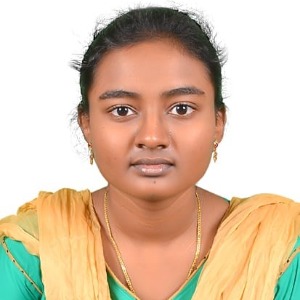Title : Alopecia areata: Understanding the pathophysiology and advancements in treatment modalities
Abstract:
Background: Alopecia Areata (AA) is a chronic, autoimmune, non-scarring hair loss disorder that affects individuals globally across all age groups. It manifests in a spectrum ranging from patchy hair loss to complete loss of scalp and body hair, including alopecia totalis (AT) and universalis (AU). The psychological burden, along with its unpredictable relapsing nature, makes AA a challenging condition for patients and clinicians alike.
Objective: This narrative review aims to provide a comprehensive update on the pathophysiological mechanisms, clinical features, treatment strategies, and psychosocial implications of AA, while highlighting promising therapeutic advancements and areas of future research.
Pathophysiology: AA results from a collapse of immune privilege in hair follicles, primarily mediated by CD8+ T lymphocytes, with a strong contribution from Th1 and Th17 cytokine pathways. Genetic susceptibility, particularly involving HLA loci and several interleukin gene variants, plays a crucial role. Environmental triggers such as stress, smoking, alcohol, sleep disturbances, obesity, and dysbiosis of the microbiome exacerbate the immune response against follicles.
Clinical Presentation and Diagnosis: AA presents as well-demarcated patches of hair loss and can involve nail pitting or dystrophy. Diagnosis is clinical, supported by dermoscopic findings and severity grading using the SALT score.
Treatment Modalities: First-line treatments include topical, intralesional, and systemic corticosteroids, as well as minoxidil. Novel therapies, including Janus kinase (JAK) inhibitors (e.g., baricitinib), mesenchymal stem cell-derived exosomes, platelet-rich plasma, and topical immunotherapy, offer promising results in refractory cases. However, most therapies are not curative, and relapses are common.
Psychosocial Impact: AA is strongly associated with anxiety, depression, and reduced quality of life. Addressing mental health through psychological counselling, support groups, and cognitive behavioural therapy is vital for holistic care.
Conclusion: AA is a multifactorial autoimmune condition requiring a multidisciplinary treatment approach. While recent advances in immunotherapy and regenerative medicine offer hope, further research is needed to establish long-term efficacy, safety, and personalized treatment strategies. Emphasizing both medical and psychological interventions is essential to optimize patient outcomes.


